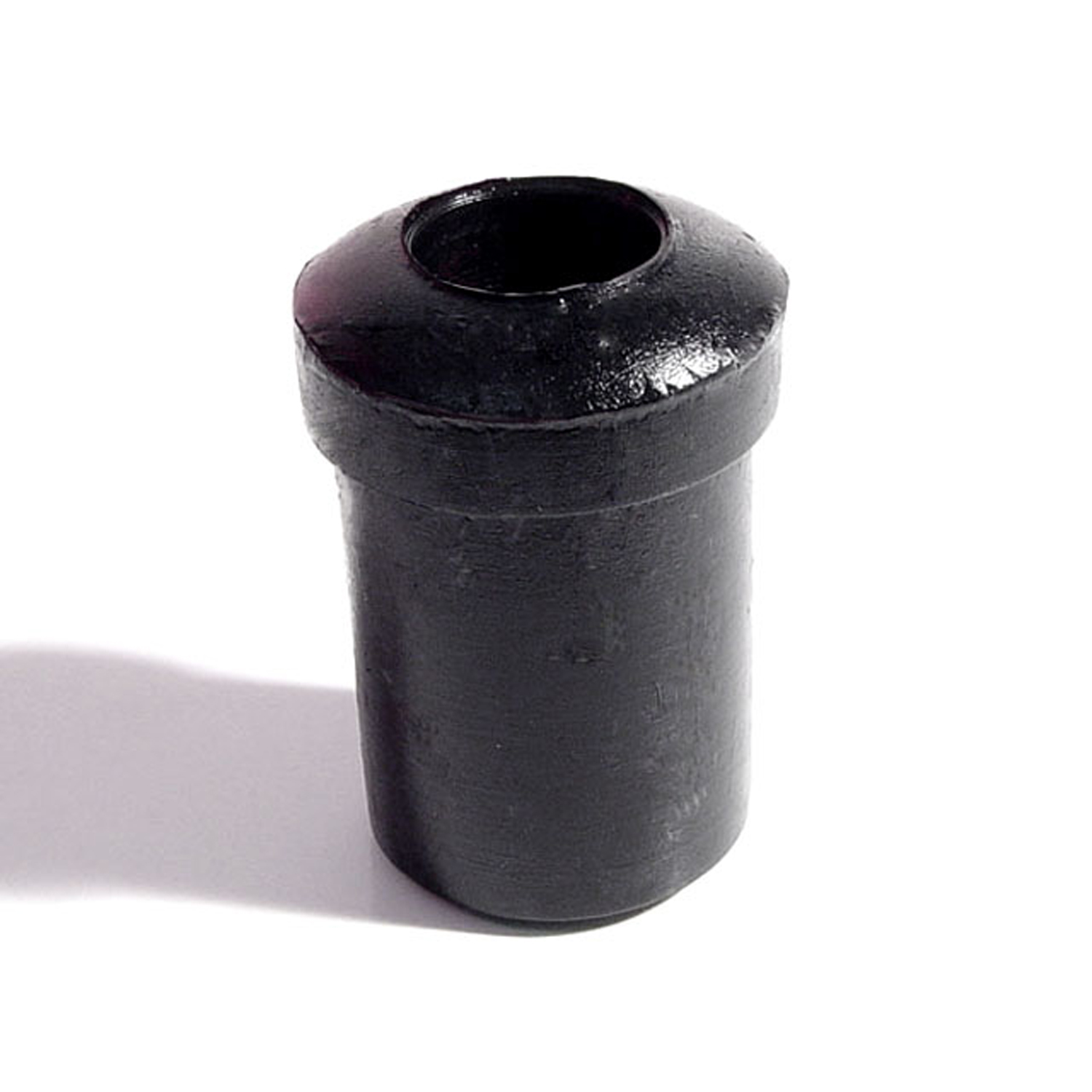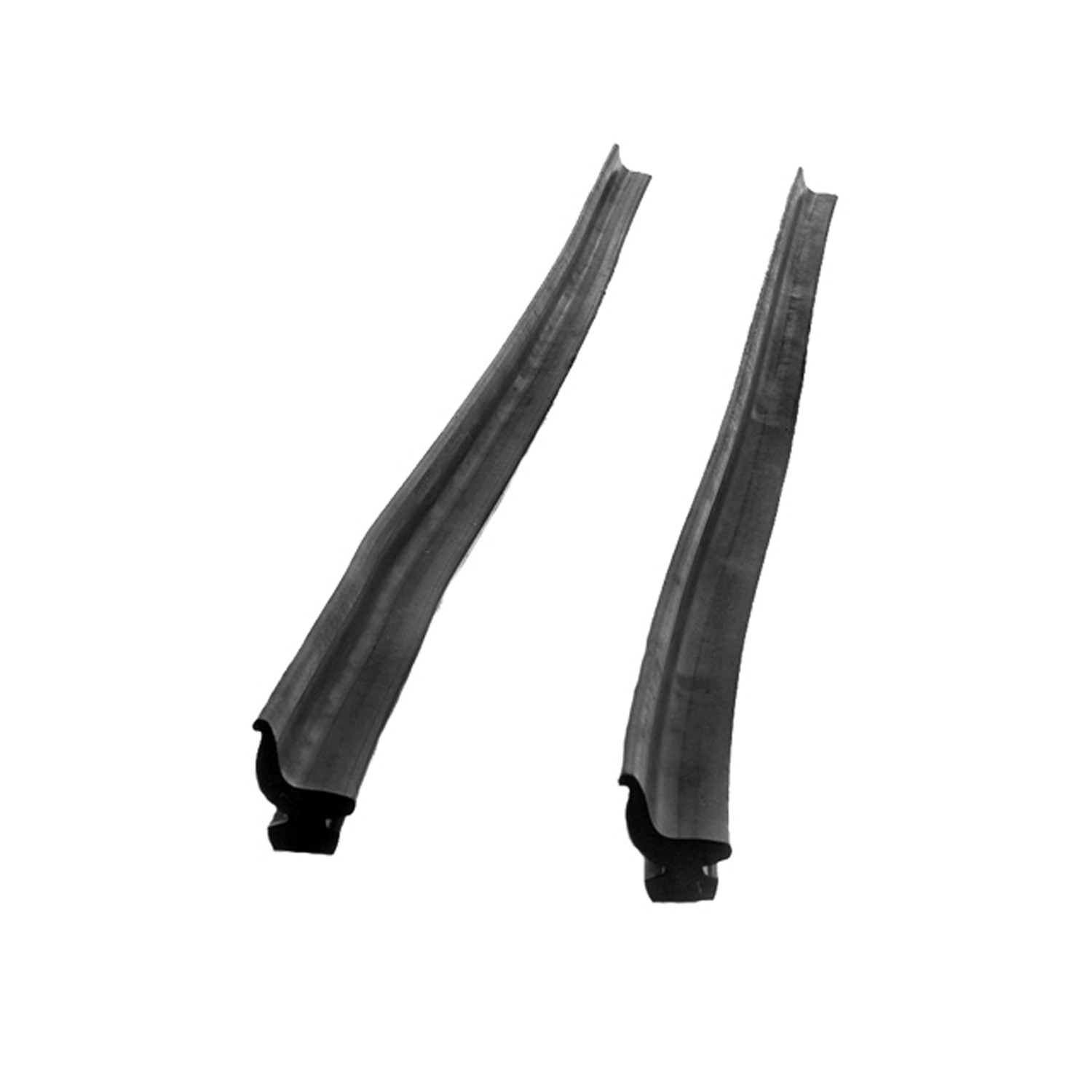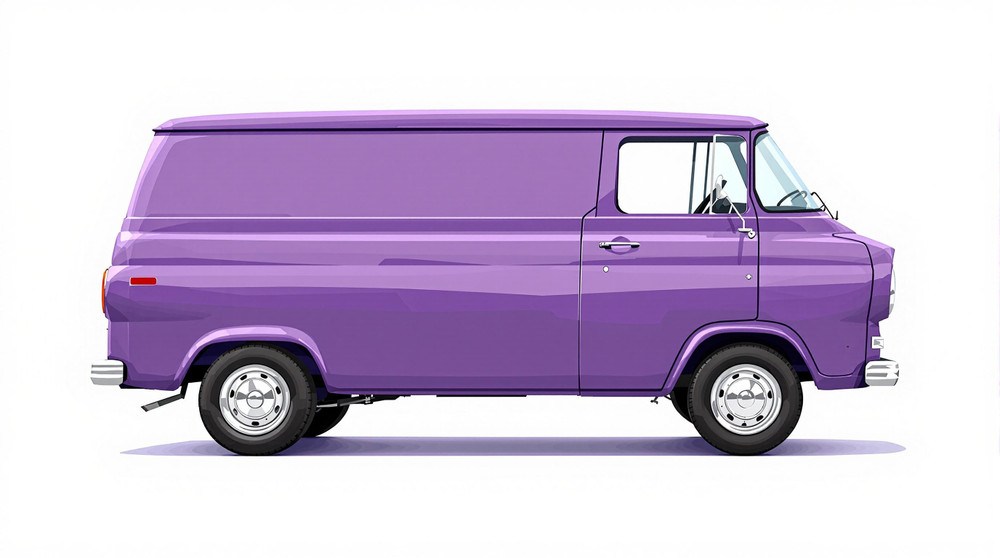Image of 1962 Ford Econoline, Note: These illustrations use artistic license and may differ from actual historical models.
Performance Metrics
Fundamental Metrics
Emotional Appeal
MMP Rating
| Engine Specifications | |
|---|---|
| Engine: | Inline 6 |
| Displacement: | 170 cu in (2.8 L) |
| Horsepower: | 85 hp |
| Torque: | 150 lb-ft |
| Compression Ratio: | 8.7:1 |
| Ignition System: | Conventional breaker-point ignition system |
| Cooling System: | Liquid-cooled |
| Performance Specifications | |
| 0-60 Time: | Estimated 20 seconds |
| 1/4 Mile Time: | Estimated 22 seconds |
| Top Speed: | 75 mph |
| Transmission and Drive | |
| Drive Type: | Rear-wheel drive |
| Transmission Type: | 3-speed manual |
| Fuel and Efficiency | |
| Fuel System Type: | Carburetor |
| MPG: | Estimated 15-20 mpg |
| Dimensions and Brakes | |
| Brakes: | Drum brakes |
| Wheelbase: | 90 in |
| Weight: | 2,700 lbs |
Note: Specifications for classic cars are given to the best of our ability, considering the limited and variant data available.
Unveiling the Quirky Charm of the 1962 Ford Econoline Van
The 1962 Ford Econoline Van emerged as an emblem of practicality wrapped in a distinctive package. Born from the bustling post-war American economy, this van was Ford's answer to the growing need for compact, efficient commercial vehicles. With its forward-control layout, the Econoline was a departure from traditional pickup and van designs, offering a unique driving experience and maximizing cargo space. A notable moment in its history was when it became a symbol of counterculture in the 1960s, often painted with vibrant colors and psychedelic patterns, transforming it into a canvas on wheels.
Design and Innovation
The Econoline's exterior styling was utilitarian yet charming, with a flat face and a stubby nose that housed the engine beneath the driver's seat. Its boxy silhouette was both a design statement and a clever solution to maximize interior volume. Inside, the cabin was spartan but functional, with durable materials meant to withstand the rigors of commercial use. Technologically, it featured a unibody construction, which was innovative for vans at the time. Color options ranged from subdued commercial whites and grays to more vibrant hues that later became popular with customizers. The most iconic body style was undoubtedly the panel van, often seen delivering goods or as a blank canvas for creative expression.
Historical Significance
The Econoline's impact on automotive design was profound; it popularized the cab-over-engine configuration in American vans, influencing competitors to adopt similar layouts. Its success paved the way for a new class of versatile vehicles that could serve as both workhorses and personal transport. The Econoline's design philosophy can still be seen in modern vans that prioritize space efficiency and versatility.
Performance and Handling
Powered by a modest inline-six engine or an optional V8, the 1962 Econoline wasn't built for speed, but it offered adequate performance for its intended commercial use. Handling was unique due to its front-heavy design, which required drivers to adapt to its distinct driving dynamics. The ride was straightforward and honest, with the engine's hum a constant companion, and the vehicle's interaction with road imperfections was noticeable yet manageable.
Ownership Experience
The Econoline was prized for its simplicity and ease of maintenance, making it a favorite among small businesses and tradesmen. Its reliability and straightforward mechanics allowed average owners to perform repairs without specialized knowledge. Over time, it has also become a cherished show car and a nostalgic nod to van culture.
Fun Facts
This van has seen its share of limelight with rare editions like the "Falcon Club Wagon" passenger version and celebrity ownerships adding to its storied past. While not known for breaking speed records, it broke the mold in terms of design and utility. Despite some criticisms regarding its initial handling quirks, the Econoline has remained a beloved fixture in American automotive history.
Collector's Information
Today, the 1962 Ford Econoline Van holds a special place in the hearts of collectors and enthusiasts alike. While exact production numbers are hard to come by, it's clear that well-preserved examples are relatively rare. Values vary widely based on condition and originality, with fully restored models fetching premium prices. The market trend shows appreciation for these vans, especially those with unique provenance or in exceptional condition, with values ranging from $10,000 to upwards of $30,000 or more for pristine examples.
Conclusion
The 1962 Ford Econoline Van stands as a testament to innovation and cultural significance. Its design broke new ground and its legacy continues to influence the automotive world. As we look back on this quirky classic, its charm endures, reminding us that sometimes thinking inside the box can lead to something truly remarkable.
1962 Ford Econoline Catalog of Parts
 1962 Ford Econoline Spring and Shackle Bushing. 1" bottom O.D-BN 20Spring and Shackle Bushing. 1" bottom O.D. X 1-5/8" high, with 9/16" I.D. Each
1962 Ford Econoline Spring and Shackle Bushing. 1" bottom O.D-BN 20Spring and Shackle Bushing. 1" bottom O.D. X 1-5/8" high, with 9/16" I.D. Each 1962 Ford Econoline Rear roll-up Seal. Two 18" sections sliced into metal track-VS 4Rear roll-up Seal. Two 18" sections sliced into metal track. this foot with no steel insert. Pair
1962 Ford Econoline Rear roll-up Seal. Two 18" sections sliced into metal track-VS 4Rear roll-up Seal. Two 18" sections sliced into metal track. this foot with no steel insert. PairWhy Choose Metro?
For over 100 years, Metro Moulded Parts has been the pinnacle of quality in classic car restoration parts. Our commitment to precision and authenticity in every component ensures a perfect fit and an OEM-level appearance.
- Expert Craftsmanship & Quality: Each part is a testament to our dedication to reliability and perfection, crafted from original designs and thoroughly tested.
- Advanced Technology: We use cutting-edge techniques to create flawless, long-lasting parts that surpass others in performance.
- SuperSoft Sponge – The Ultimate Door Seal: Not only are our door seals 30% softer than competitors', but they're also guaranteed to never leak. They effectively reduce wind and road noise, enhancing your classic car's comfort and driving experience.
- Proudly American: Our parts are a product of American craftsmanship, made in the USA with a spirit of excellence and heritage.
- Unrivaled Warranty: We back our products with a 30-year industry-leading warranty, a testament to our confidence in their quality.
Join us in preserving the legacy of classic cars with parts that are crafted for perfection, not just made.

